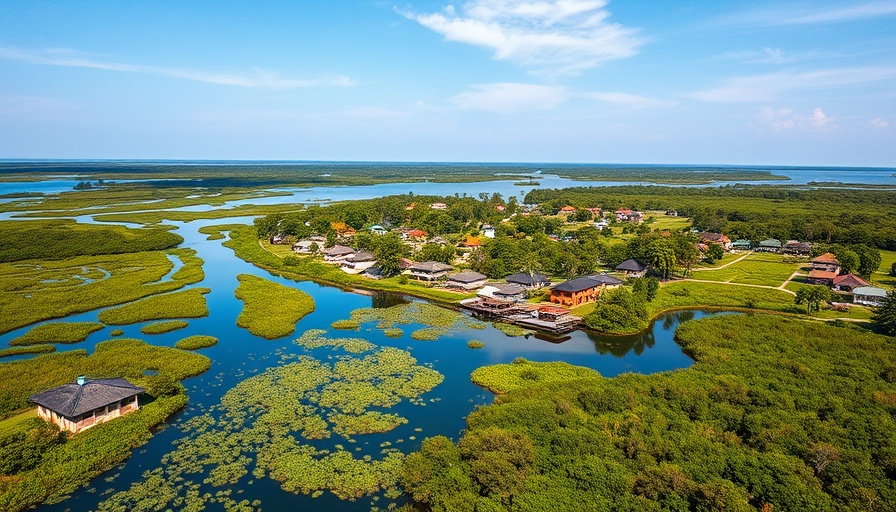
Women Pioneers: Reviving Coastal Ecosystems in the Philippines
In the heart of Sasmuan, a coastal town in the Philippines, a remarkable transformation is unfolding as local women embrace their role in revitalizing the ecosystems that sustain their livelihoods. With the tide of climate change and environmental degradation threatening traditional practices, these women are at the forefront of a movement aimed at restoring the critical wetlands of the Sasmuan Pampanga region.
Challenges of Environmental Degradation
The picturesque beauty of Sasmuan masks a troubling reality as pollution and poor waste management pose significant threats to the community. For fishermen like Christina Guevarra, the dependence on the river's bounty has become a double-edged sword. She articulates the hardships of catching fish in waters increasingly devoid of life. “It’s difficult in coastal communities like ours because we are so dependent on the river’s harvests,” she asserts, highlighting the urgency of sustainable practices.
Empowerment Through Sustainable Practices
Beneath the warm embrace of dawn, women like Guevarra gather to mend nets and prepare the day’s harvest. Their contributions go beyond just fishing; they’re partnering with local organizations and environmental advocates to implement sustainable practices that protect their waters. By reviving these crucial ecosystems, they are not only preserving their livelihood but also playing a vital role in combating climate change.
A Call for Support and Investment
As the world observes International Day of the Tropics, marked on June 29, it is imperative for business leaders, policymakers, and investors to recognize the potential of sustainable community-driven initiatives. Supporting these women-led efforts in Sasmuan is not just an act of charity; it is an investment in a sustainable future that could serve as a model for similar communities globally.
Pooling support and resources can lead to resilience against economic uncertainties while fostering ecological preservation. By championing such initiatives, we can harness the change that these women are striving for and contribute to broader environmental goals.
Join us in advocating for the rights and empowerment of women in coastal communities—help amplify their voices as they pioneer sustainable practices that could ignite change across the region.
 Add Row
Add Row  Add
Add 


Write A Comment